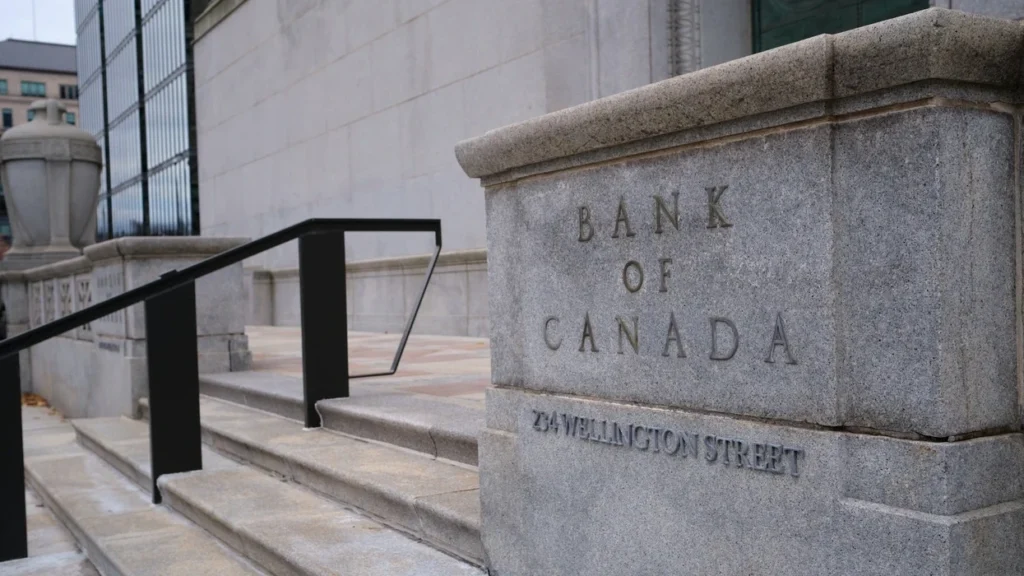Syria power vacuum. For more than ten years, Syria has been at war, with the government of President Bashar al-Assad battling various opposition factions. Although Assad’s forces have taken back most of the country, concerns about what may happen if his regime were to collapse are intensifying. Syria’s power vacuum, where no organization or authority could seize control, is one of the main worries. More confusion, instability, and violence could result from this. There is a power vacuum when a government or authority falls and no new one takes control immediately. This creates a gap, and several groups may attempt to fill it, frequently resulting in disputes and insecurity. There is concern in Syria that many parties, including armed groups, local militias, or foreign powers, may vie for dominance if Assad’s administration were to fall. Stability and national reconstruction would be challenging as a result. Throughout the Syrian civil war, Bashar al-Assad’s government has encountered numerous difficulties. The regime has lost a great deal of credibility, even if it has survived, particularly with the support of friends like Russia and Iran. Under Assad’s rule, millions of Syrians have been displaced, countless people have died, and cities have been destroyed. The dictatorship has become even less popular as a result of its harsh policies, which include attacks using chemical weapons and other abuses of human rights. Nevertheless, with the help of foreign allies, Assad has been able to hold onto control in strategic areas. However, Syria’s delicate political framework might fall apart if the regime were to drop suddenly. For more information, visit:
Potential Hazards of a Power Vacuum
Syria’s leadership vacuum could result in several hazardous consequences:
Increased Violence:
Different organizations, especially extreme factions, could exploit the situation in the absence of a clear leader. ISIS and other militant groups that have previously taken over areas of Syria could reappear, escalating the level of violence and instability.
Foreign Influence:
Other nations may get involved in the power battle, particularly regional superpowers like Saudi Arabia, Iran, and Turkey. The issue can become even more complicated if tensions rise and additional international military intervention results.
Humanitarian Crisis:
One of the world’s worst humanitarian crises is currently affecting Syria. A power outage might make matters worse by causing refugees to leave the nation in even greater numbers and denying them access to necessities like food, housing, and medical care become harder to find.
Disintegration:
Without a centralized administration, Syria may split up into distinct areas governed by various groups. This might cause greater discord and complicate efforts to bring about peace.
Who Could Bridge the Gap?
There may be competition among various parties to take over as leaders if Assad’s authority falls. These consist of: The ability of the Syrian opposition factions to rule is doubtful due to their division. Western nations have provided backing to some, but they lack the cohesion and military might to rule the entire nation.
Kurdish Forces:
A significant portion of northern Syria is now under the control of the Syrian Democratic Forces (SDF), which are predominately composed of Kurds. Although they would encounter resistance from Turkey and the Syrian government, they might be able to seize some places.
Islamic Extremists:
Organizations such as al-Qaeda or ISIS may attempt to take advantage of the situation by regaining control of areas they previously controlled by utilizing the power vacuum.
Foreign Powers:
Assad’s supporters, Russia and Iran, may attempt to keep their sway in Syria. Additionally, Turkey can be quite important, especially in the north.
Stability Is Necessary
The future of Syria is at stake, and the danger of a power vacuum extends beyond the fall of a ruler. A leadership vacuum could make it nearly impossible to achieve lasting peace and stability. With multiple groups and foreign powers vying for control, Syria could face more violence and destruction. Therefore, the international community must carefully consider how to address Syria’s leadership challenges to avoid even worse outcomes. Syria’s future remains uncertain, and the risk of a power vacuum only adds to the complexity of the situation.



